

We are a few weeks into our travel experience: long enough to form basic impressions, but not quite long enough to develop confident insights into what all this means for our family. Still, I think that the basic impressions are worth documenting, even if I’m someday surprised by future changes or reversals.
The first thing that stands out to me about life here in Budapest is the near-universal respect for public space, be it public school, public parks, or public transportation. Cleanliness and accessibility in all these areas add a basic ease to our day-to-day life here that just isn’t present in America.
Like a boiled frog, I think I’ve grown accustomed to certain experiences in America’s public spaces, coming to regard them as inevitable, as 'part and parcel' of living in a major city.
My eldest had her first (ever) day of school here in Budapest. It is a public school formed by a basic Montessori philosophy, which means the schedules are almost entirely play-based. Upon entering the school, children put on their “inside shoes,” wash their hands, and say good morning to their teachers. They play outside, then inside, where they are taught to put their toys away after finishing.
They garden, they do arts and crafts, and they are fed nutritious meals and snacks throughout the day, which cost me less than $15.00 per month. Teachers are gentle and empathetic; during the first weeks, parents may stay as long as necessary so that the child can acclimate, and children may freely take “mommy days” off of school, free instead to be with family.
Parents can pick their children up any time after lunch. Any ideological activism regarding gender and sexuality is punishable by law, but the people involved would never think of such a thing in the first place. From what I can tell, these provisions were made preventively by conservative Hungarians in Parliament who see America and the rest of the West as a petri dish for self-destructive mind viruses.
I’m truly startled by the high quality and low cost of early childhood development programs. Beyond school, these are present in every museum, the opera, and other artistic hubs. The playground situation is similarly, wonderfully surprising. Almost every block has a well-maintained, safe, enclosed, and well-lit playground with segments dedicated to various age groups. Vagrancy and criminality exist but are relatively rare; I have not yet seen or encountered a violently mentally ill person accosting another pedestrian. It isn’t uncommon for families to gather at playgrounds after dark, something that is basically unthinkable in America.
Getting to wherever we want to go — the zoo, playgrounds, museums, etc. — is basically seamless. Public transportation is similarly clean, free of dubious characters, and accessible. Trams, buses, and metros almost always have handicap and stroller-accessible doors and spaces to store even a huge stroller.
The people of Budapest are as family-friendly as their infrastructure. It is not uncommon for an elderly lady to smile and sit patiently with a stranger’s child on the tram. I have not received any scathing glances from passersby. I truly feel a spirit of understanding and patience for children. They can eat at restaurants and be kids without fear of reprimand.
Like a boiled frog, I think I’ve grown accustomed to certain experiences in America’s public spaces, coming to regard them as inevitable, as "part and parcel” of living in a major city. But the endless chain of instance after instance after instance of unsavory, antisocial behavior contributes to an underlying anxiety, rage, and sense of being trapped at home, especially as a mother of young children. In Charlotte, my husband and I basically stopped going downtown for date nights after being accosted by vagrants and followed to our car on one unfortunate anniversary.
Legal, technical freedom may be enshrined in our founding documents. But not a city in America today can boast that its citizens are free to walk past nightfall without fear of violence. In the past few years, major cities across America have experienced serious increases in violent crime as well as major spikes in traffic fatalities due to recklessness.
I felt it in Charlotte before we left. Despite increased enforcement from officers, our police department saw an 8% increase in violent crimes in 2024. This includes homicides (+36%), aggravated assaults (+9%), and juvenile property crime (+19%), among other things. In D.C., my old stomping grounds, violent crime also spiked nearly 40%, driven largely by a surge of murder, armed robberies, and carjackings, many of them also perpetrated by kids.
That this most basic quality of freedom — as a mode of being in the world, rather than its legal iteration — would make daily life better seems like such an obvious point. It stands out because of the irony in the comparison to a country that has been ruled by communist dictatorship in recent history. Of course, the contours of criminality in America are a third rail, politicized beyond the bounds of polite conversation. This is a tragedy, too, not least because our prissy delay of plain justice just leaves the problem to our children. An object in motion stays in motion.
It hasn’t been long, but living here in Budapest, I get the sense that a more peaceful life is possible — for ourselves and for our posterity.
.png)
 2 hours ago
4
2 hours ago
4
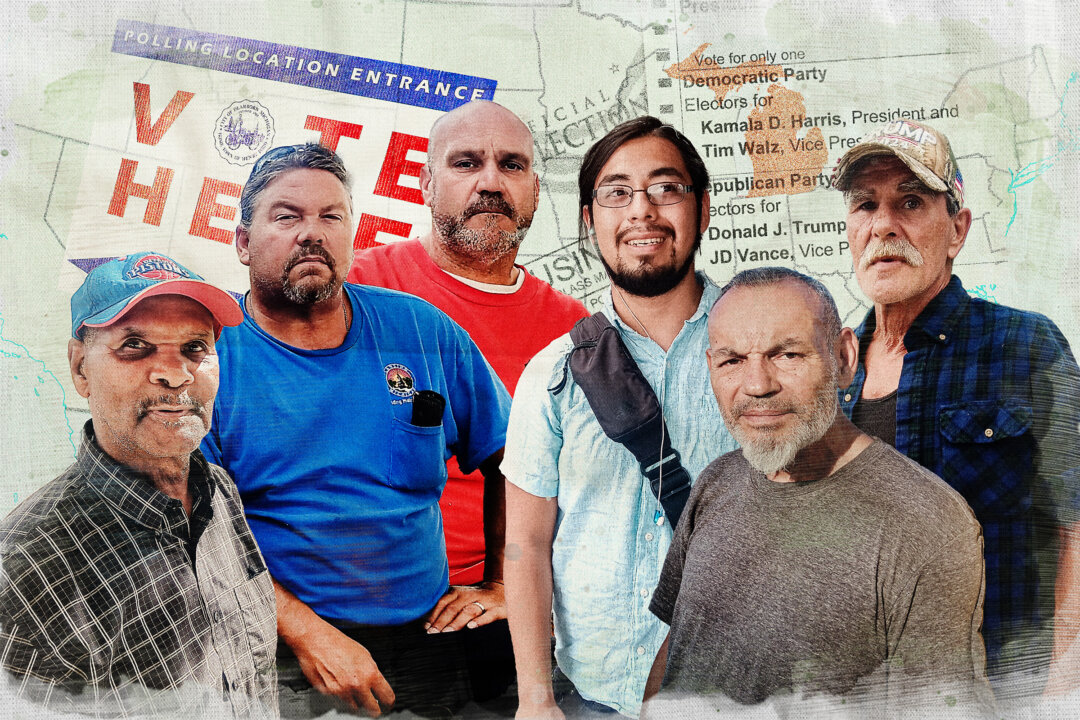
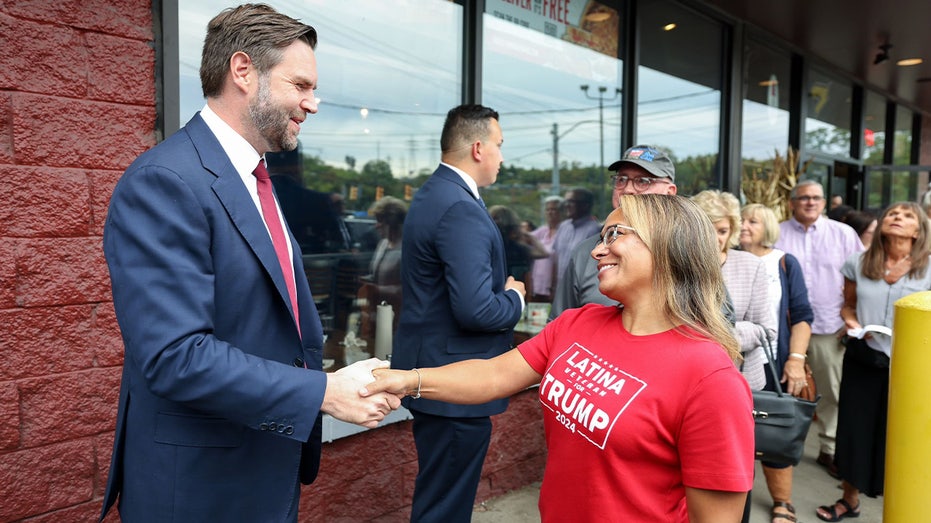



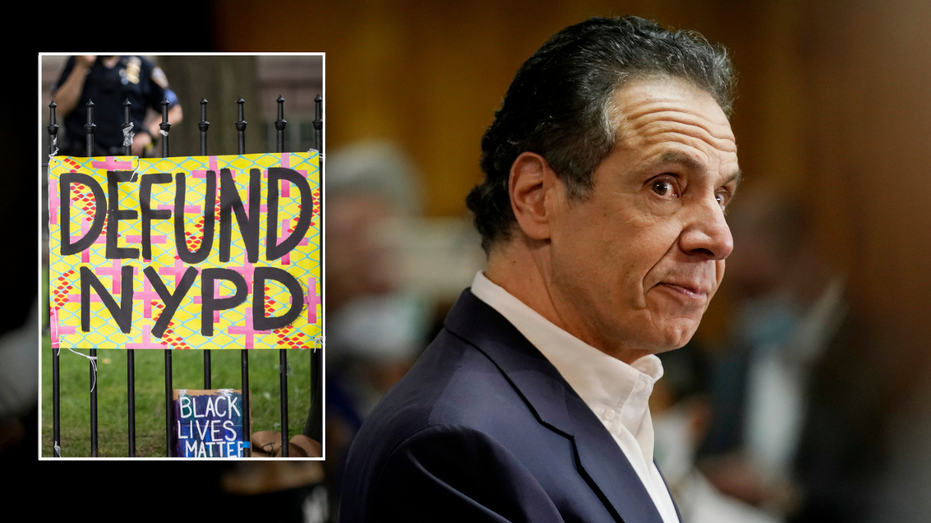
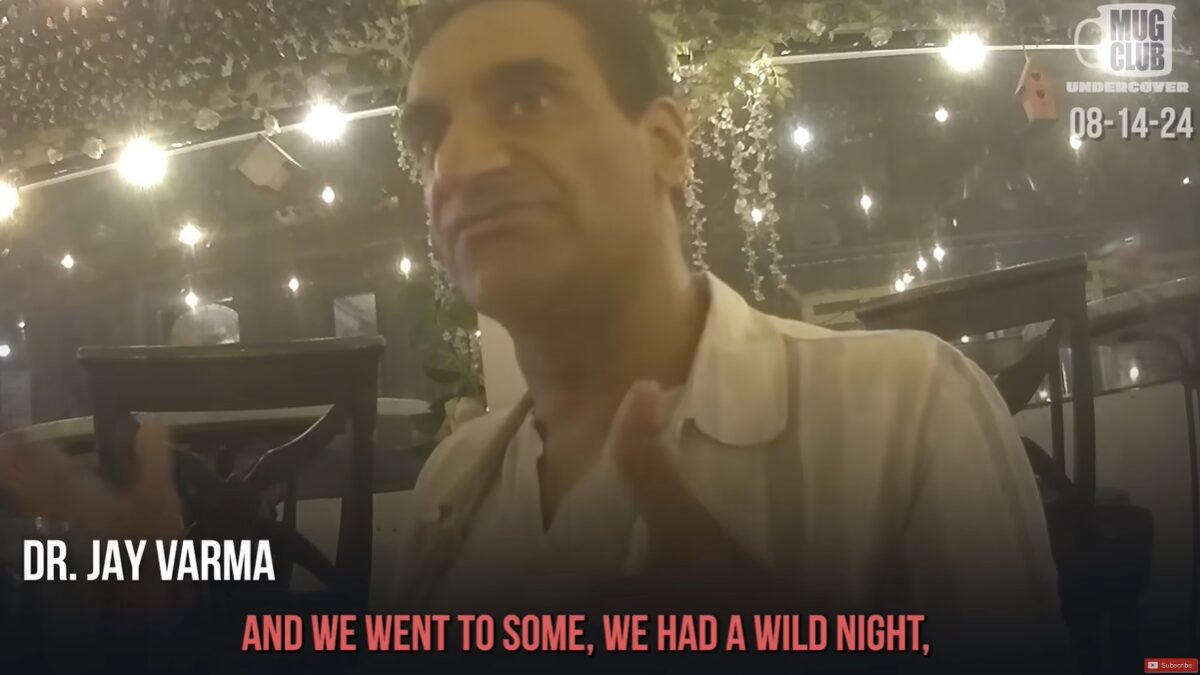


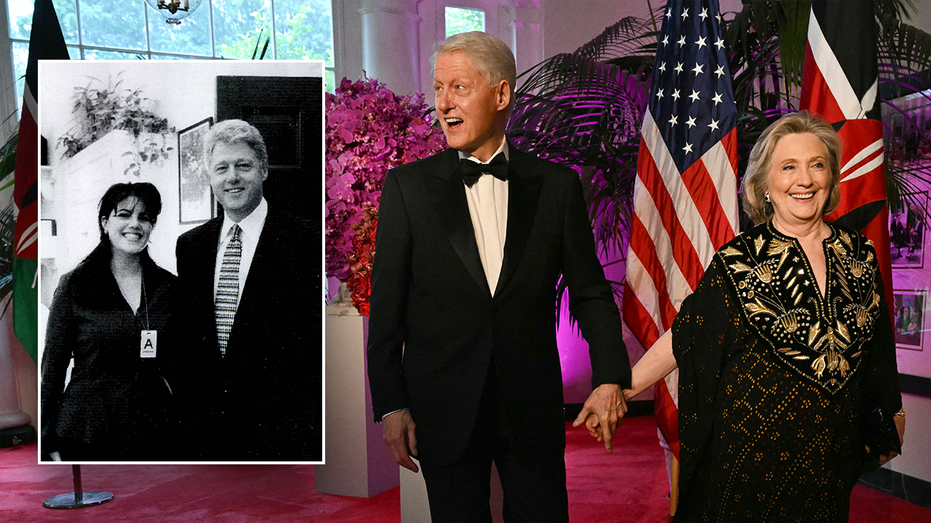



 English (US)
English (US)